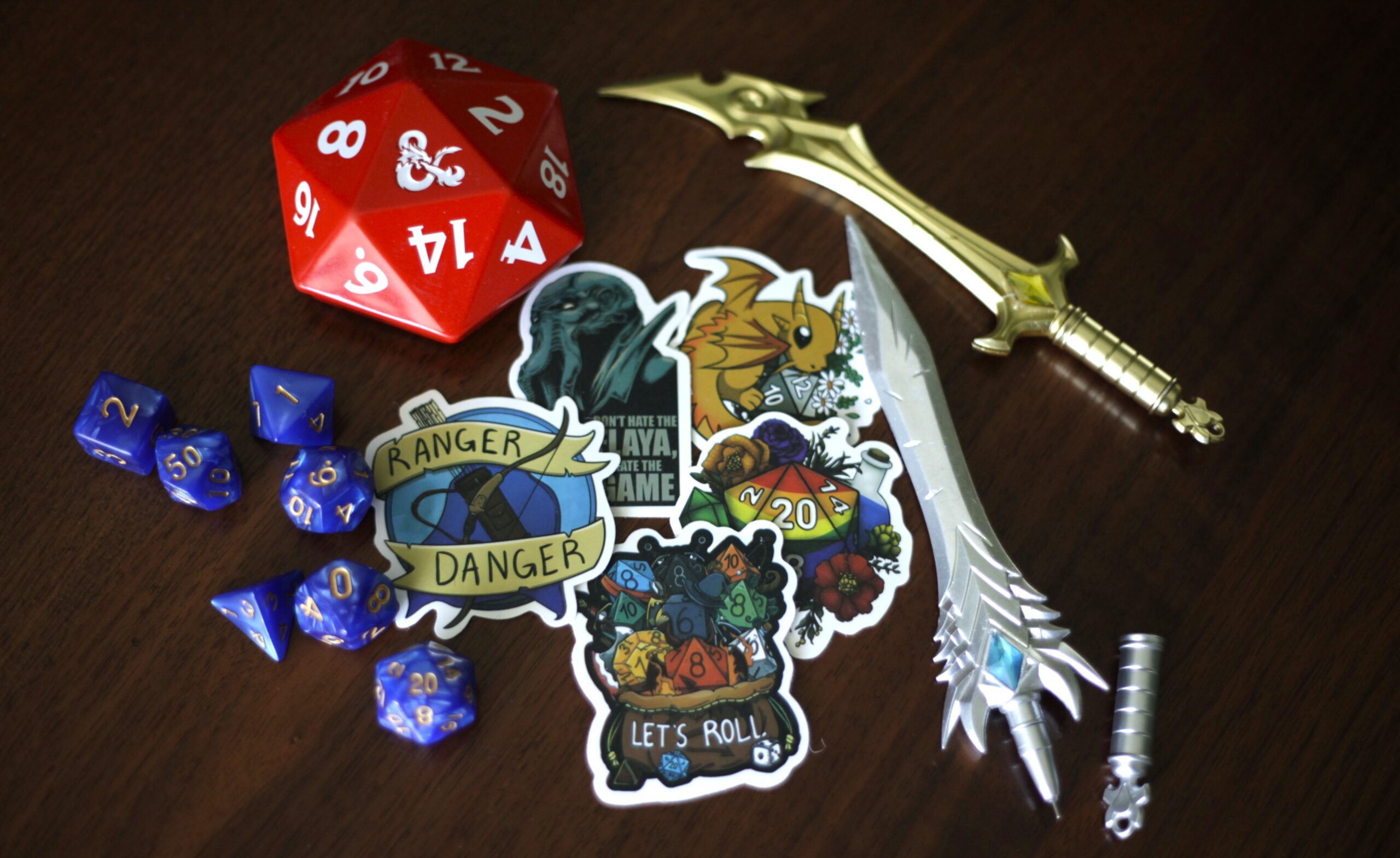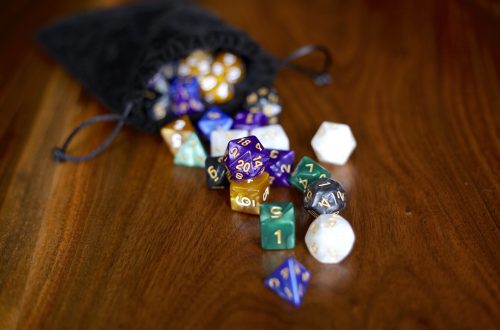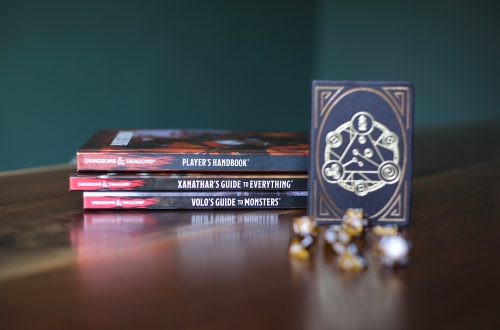D&D Scheduling Giving You Trouble? These Tips Will Help.
Hey there! This website does contain affiliate links. If you purchase something through this page, Cats and Dice may earn a share of sales from the link. Learn more.
It’s no secret: scheduling your game of Dungeons & Dragons can be a headache. Getting people together for an event once is difficult enough. But getting 4-6 people together on a regular basis? Sometimes it feels like a Wish spell couldn’t even do that! In fact, D&D scheduling has become the butt of many jokes in the D&D community from memes to articles such as “Group Finally Schedules Conversation about How Much Fun It Would Be to Play D&D Some Time.”
Still, it’s not impossible to figure out a good D&D scheduling system for your group. While these tips might not guarantee you a game every single week for the rest of your life, they can help your group meet a little more consistently.
#1 Find the Right Group
The right group goes a long way toward a successful game. You might want to play with your three best friends, but if you all have wildly different schedules from the beginning, it might not be a good fit. Good fit matters for the type of game you want to play, too. There are plenty of ways to find a D&D group. It’s worth taking the time to do so.
#2 Keep Things as Consistent as Possible
We are creatures of habit. If we know we have a standing appointment every Tuesday from 6-9 pm, we are much more likely to stick to it than if we have something “once a week.” The more consistent you can keep your D&D scheduling, the better.
To find the perfect day and time, make sure to communicate with all players before your game has its first session. The other tips, such as online tools, will help you facilitate these conversations from the beginning.
#3 Be Flexible
As helpful as consistency is, flexibility is even better. Life happens, and by keeping things flexible, you’re more likely to dodge those critical fails you roll in life a little more gracefully.
Flexibility can take many forms. Most people think flexibility only means keeping your schedule as open as possible. It doesn’t, though. Flexibility, in this case, means allowing your game to look different than expected. Here are a few ways your group can remain flexible.
- Change the location. If someone says they can’t play because they can’t make it to the regularly scheduled game on time, move it to them. You can play D&D almost anywhere, so take advantage of that.
- Play online. Many players do not find online play ideal, but it’s better than no D&D at all. Tools like Discord and Roll20 make online play easier than ever.
- Try a West Marches. A West Marches game or a series of one-shots will allow you to play D&D without the stress of a consistent game.
- Meet at unconventional times. Most D&D groups meet on weekday evenings or on weekends, but it’s not required. If your entire group would be available for a Monday brunch game, then go for it.
- Substitute missing players. If only one player can’t join for that week, have the DM or another player run their character. Or, you can account for their absence in-story. While it’s not ideal, not every single player needs to be at every single game.
Flexibility really means whatever your group needs it to be. If you’re having D&D scheduling problems, get creative with your solutions (and share them in the comments below!).
#4 Use Online Tools
There are many online tools out there that can help you schedule and play your game of Dungeons and Dragons.
For scheduling, you might try Doodle and Google Calendar. Doodle will help you find times that players can get together. You can use this as a general poll (for example, “What day of the week are you generally available?”), or you can use this more specifically (such as, “What day of the week are you available in March?”). Once you have an idea down, make it specific with Google Calendar. You can also do this with a Facebook group, which will also send you reminders about upcoming sessions.
As mentioned earlier, you can also use online tools to actually play your game. Discord and Roll20 give you the ability to roleplay, fight, and pull up maps without having to be in the same place. It’s also a great way to meet new players. I once ran a game with six people, and at least four of us were in different countries!
#5 Make Your Players Need to Come Back
If you’re a Dungeon Master trying to keep your group consistent, give your players serious cliffhangers. That will make them come back to resolve them! For example, if one of your player’s characters has a pet, make it go missing at the end of a session. It’ll motivate the player to get that next game scheduled if they want their pet back!
Cliffhangers don’t have to be so character specific, though. Simply needing to know what happens next can go a long way. Maybe your players defeat a young dragon in a session, but at the end of the session, the mother destroys a city in anger. What happens next? Your players will have to get their schedule together to find out.
Everyone has lives beyond Dungeons and Dragons, and that’s what makes D&D scheduling so difficult. Creativity, patience, and flexibility go a long way, just like in D&D itself. Share with us your tips and tricks for D&D scheduling in the comments. Let’s help each other play a few more games of D&D.
Hi there! I’m Kristen. I’m a game writer, a Dungeon Master, and like you, I love tabletop games. Visit our About page to learn more about me.
I wrote this Cats and Dice article to help you enjoy gaming even more. Did it help? If so, our kitties (and our site) would be grateful for a little gift through Ko-Fi.




